“I’m sorry, I can’t find a heartbeat. Your baby is dead.” The words cut so deeply, I struggled to catch my breath. Shock was my first reaction, followed by days and then months of other emotions that assaulted me from every angle. It was my first experience with this kind of grief, an all too familiar foe now. But, at the time, I was less equipped to identify it as it declared war on my depleted spirit.
It was our first pregnancy. We were so excited, I shared it with the entire world before we had even made it to the seventh week. I even recall randomly announcing my joyful news to the custodian in the hallway at work on the way to the bathroom. I’ve never been a very private person, so our wonderful news was proudly shouted from the rooftops of every corner, business and alley in town. How much more devastating it was then to have to announce our loss several weeks later.
If you are not familiar with the 5 stages of grief, allow me to walk you through them: The first stage is usually ‘denial.’ This is where you are still somewhat in shock, and your body is perhaps still producing the adrenaline. You haven’t fully processed your loss. You still can’t believe your new reality, that your loved one is gone. Sometimes it’s not a loved one, but instead perhaps a dream or ambition. A picture of what you thought life was supposed to look like. Or, perhaps it did look that way for a time. But, now it is gone.
Next, the ‘anger’ stage. This is a stage I tend to hang out in a lot longer than the average person. I blame God, I blame people, I blame myself. Anybody and everybody where I can unleash my pain. I know it’s not a good thing, but it’s a state I prefer ten thousand times more than the sadness stage. I think when the anger wears off and you are left with that hopeless crippling state of anguish that just crushes your soul, it is by far the most painful of all the stages. They call this the ‘depression’ phase. I tend to attempt to postpone that inevitable sadness by prolonging my fury. I’ve always been a person that likes to be in control. Anger was and is my own desperate way of grasping onto whatever control I can.
But, somewhere in between that ‘anger’ and ‘depression’ stage is the time known as ‘bargaining.’ You think maybe this isn’t as final as you originally thought. Maybe you can change God’s mind. Maybe if you’re really good or can offer Him something, He’ll perform a miracle and bring the person or whatever you’ve lost back to you. Maybe you’ll wake up one morning and discover it was all a bad dream.
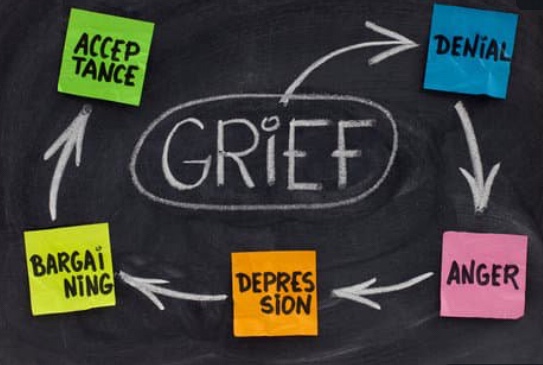
Last, you reach the ‘acceptance’ phase, the point where you can finally come to terms with the loss. But, these phases are not necessarily chronological or linear. You may not always run through them in order. You may repeat some phases. Or, perhaps you experience twinges of each phase at one time. Each grief experience is unique.
It was a different process with the loss of each of my grandparents, my first experiences with death among the people who meant the world to me. It didn’t take as much time to find the ‘acceptance’ phase as it did when I lost our baby or when we recieved each of our childrens’ diagnoses. It wasn’t that I felt the loss of my grandparents any less. It was that there was a peace I felt in the awareness that my grandparents had lived a long life. You are supposed to outlive your grandparents. They wouldn’t have it any other way. You are perhaps a little better prepared for their deaths, knowing in advance the years left with them are coming to an end. Despite that, the pain of knowing I would never see them again in this life still stung bitterly. To walk in the room and see my grandfather’s empty recliner where he sat for so many years, counseling me, laughing with me, sharing so many wonderful memories, was a hard pill to swallow. Or, my other grandpa who used to give me the grand tour of his special room full of fish tanks when I came to visit and send me home with a bag full of guppies of my own. It’s memories like these that hit you hard when you realize you’ll have no more new ones to share.
I remember helping my mom shop for a dress to bury my grandmother in. I could not grasp or believe that this was my grandmother. MY Nani. That we were shopping for a perfect dress like we’d always done on our special outings growing up, where she would take me to the mall and then to my favorite cafe afterwards for lunch. Now we were doing the very same thing for her, but to shop for her coffin outfit. How morbid. And how bad it hurt. Though we had been losing each of my grandmothers to dimentia for years, it was still hard to let go. But, despite the pain of missing them, I never really went through the anger phase. The death of a grandparent is something you come to expect as a part of life. I felt no anger at anyone. Only sadness, yet gratitude for all the wonderful years that I did get to spend with them.
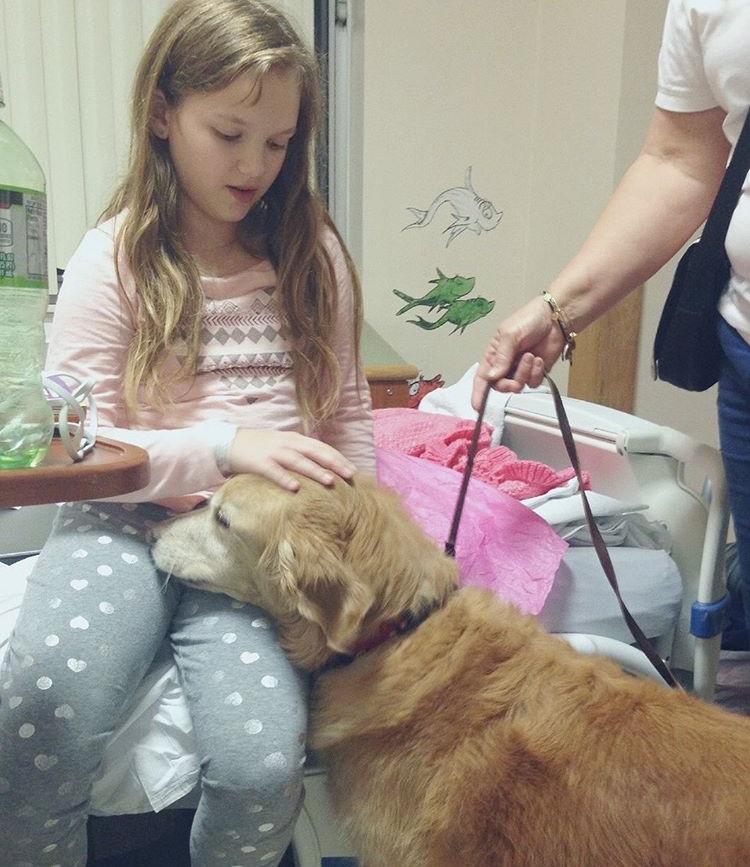
It was not so with the grief I felt with my childrens’ diagnoses. I went through that anger, alright. And, boy, did I OWN it like a boss! Once the shock wore off, I was simply pissed. So pissed. My wrath was unequivocally aimed at God. The same God I had begged and pleaded to let me hear anything but that “autism” word when we recieved my son’s evaluation results. I just knew He was going to give me this wonderful testimony. He was going to turn those symptoms around or He was going to reassure me that our son had some other “less significant” delay. He did not answer my prayers. Not only did the test say “autism,” it indicated very severe autism. It was a good year and a half before I could speak to God again without gritting my teeth. Just about the time my heart started to heal, another bombshell was dropped in my lap: I took my daughter in for her 10-year check up, only to be rushed straight to the hospital with a diagnosis of Type 1 Diabetes. That night, I experienced a panic attack like I’ve never known. The crushing weight of knowing my daughter would have to live like this for the rest of her life made me grieve and long for the pre-diabetes world we would never have again.
We had gone through another personal rocky period about a year before our childrens’ diagnoses, as well. So, by this point, I was in a perpetual cycle of grief. Crisis after crisis, loss after loss came at me for three straight years. It was like riding around on the wheel of a bicycle. You come full circle through your grief, just to hop right back on and around again. So, unfortunately, I can profess that I am an expert on grief. If you are grieving, you are not alone. Very few of us will escape this life without experiencing it. And if you do, then someone is grieving for you and how your life was cut too short. But, one thing I want to remind you is that no two experiences are the same. My grief may not look like your grief.
I wish I had known this when my husband and I grieved so differently. I plunged into the anger, while he just felt the deep sadness. I questioned and accused God. But, my husband held steady in his faith. He never doubted and never accused. Well, that gave me another target for my wrath….how dare he not get angry? How dare he not understand my questions? How dare he stand in faith? This was my best friend and my soul mate. Weren’t we supposed to grieve together? How could we get through this if we were experiencing it so differently? But, we could and we DID.
When we lost our first baby, we grieved together at first. But, over time, I wanted to move on and try again. The only thing helping me to process the grief was the hope that we could hold another baby in our arms one day. But, my husband wasn’t ready. It hurt too much to take those steps. Another baby would never replace the one we had lost. I agreed but I still needed hope. I needed something good to look forward to. Having a baby was my greatest desire to the point where it became a desparate obsession. Everything else paled in comparison to this dream. It was very difficult that the one person I needed to help grant this wish was the very same person standing in the way. He did not grieve on the same timeline as me. And that was hard for me to accept at the time.
There have been friends along the way who shared similar heartbreaking experiences, yet responded in very different ways. I recall one friend who lost her baby around the same time I did who said the words “But, God is still faithful.” I wanted to smack her. God is still faithful? I thought to myself. If that’s your definition of faithful, I’d hate to see your definition of “unfaithful.” I was not comforted. It only made me feel worse that someone who should know how I was feeling simply did not.

I had another friend who went through what I consider to be the worst kind of hell a person can possibly undergo. Yet, as I stared into the coffin where her precious 20-month-old son lay with his toy firetruck tucked under his arm, I heard her still able to sing the words “It is Well With My Soul.” I have never been able to sing those words. Well, I take that back: I can passionately sing them when things are going positively in my life. But, seeing as how the hymn is usually heard at funerals, I confess it’s not one I consider a favorite. Usually, I mouth the words through the tears. But, my soul is never exactly “well” with it. I watched my friend grapple with the loss of her son in the months following his tragic death. She shared her grief publicly and my heart broke to witness her pain. But, her faith in God remained. She never uttered one word of doubt or anger. In fact, she publically reconfirmed her faith even more and professed God as the anchor for her hope. I found myself getting a little jealous. Not of her circumstances, but of her ability to find that light in the darkness. How could she have gone through what she had and appear so strong when I still had my children, but could not seem to pull myself out of my funk?
But, her grief was hers and my grief was my own. I didn’t have to recite the same words as my friend. I didn’t have to mimic my husband’s faith, either. I could go at my own pace and they could go at theirs. Grief is not a race. Each person’s grief experience is unique and that is okay. The important thing is to respect one another. Hold each other’s hand. Be there in support, even when we don’t have the same words or the same process. Pray for their journey.
I eventually found my way. The light shined again and the ‘acceptance’ phase came to pass. I finally believe in God’s love and goodness again. There were days I wanted to believe it, but struggled to comprehend how He could love us and still allow these terrible things to pass in our lives. But, He does love us. We don’t have all the answers or see the big picture. But, we can still find our joy and our hope again. And THAT is where “it is well with my soul.”
“Weeping may tarry for the night but joy comes in the morning.”-Psalm 30:1-5
Well, my weeping tarried many a night. There is no time limit on grief. But, the important part is that joy did come again. I’m now living in the ‘morning’. And, no matter the pace or the stages, I pray that you find your way there, too.
For more like this in the future, you can subscribe to the blog or follow me on Facebook or Instagram. Check out more resources on my Shop page, as well. Another post you may like:

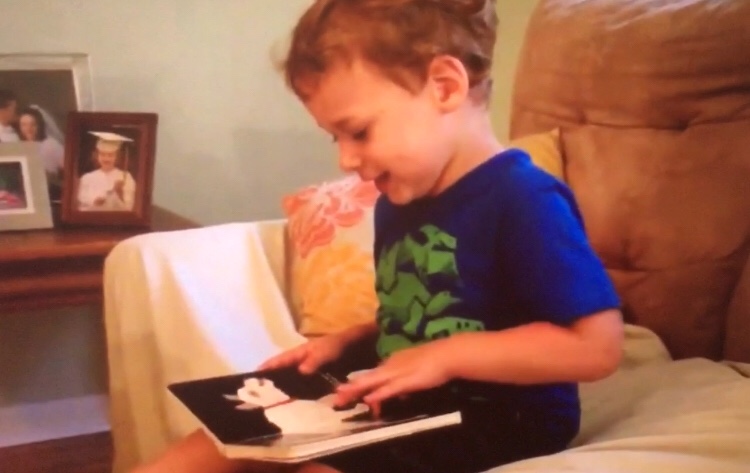
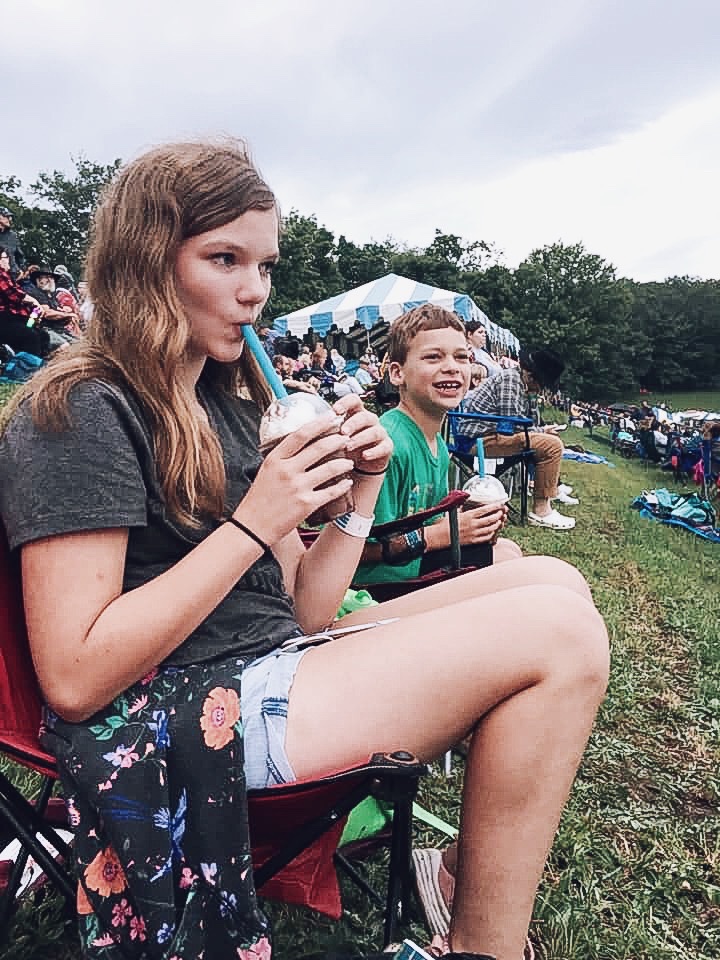

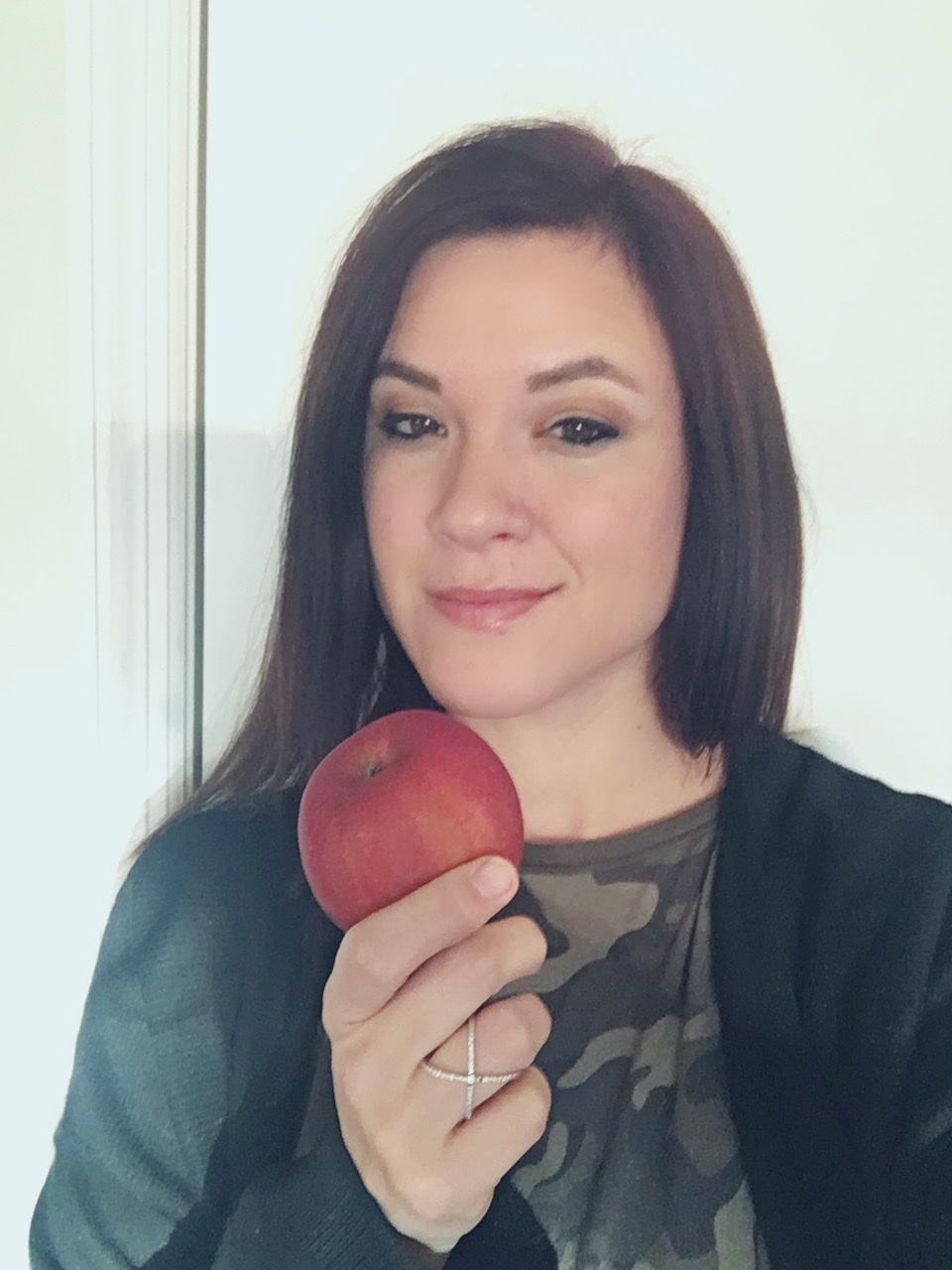

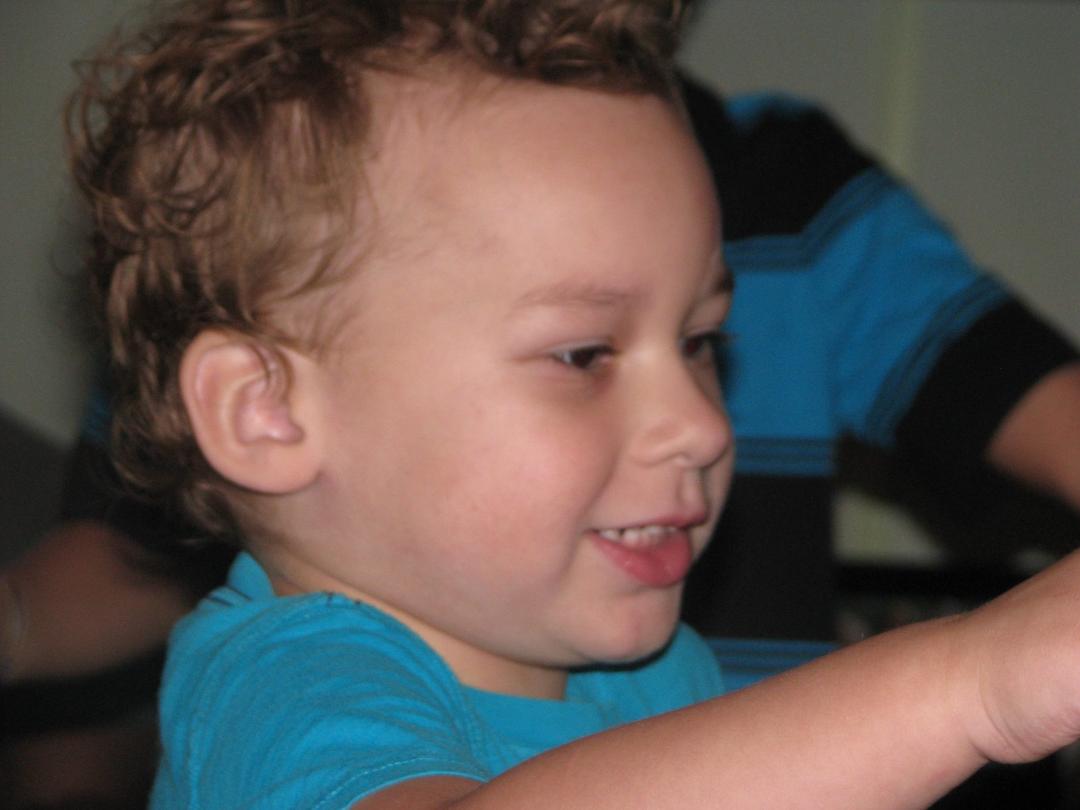
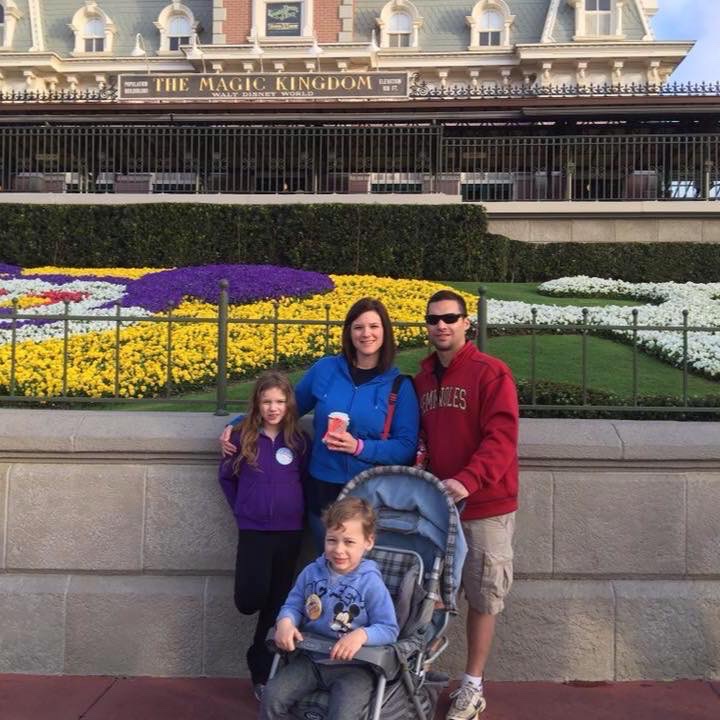


[…] in their journey of processing a diagnosis, loss or traumatic experience. In my recent blog post Your Grief Is Unique, I discuss how everyone grieves differently. What comforts one person may not comfort another. […]